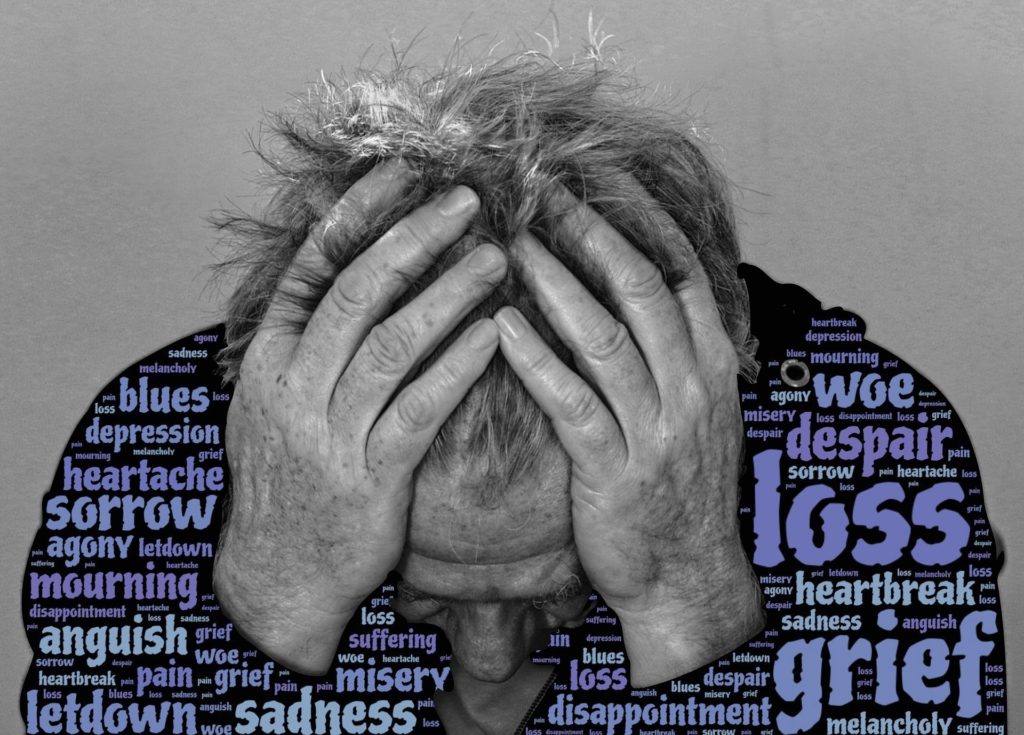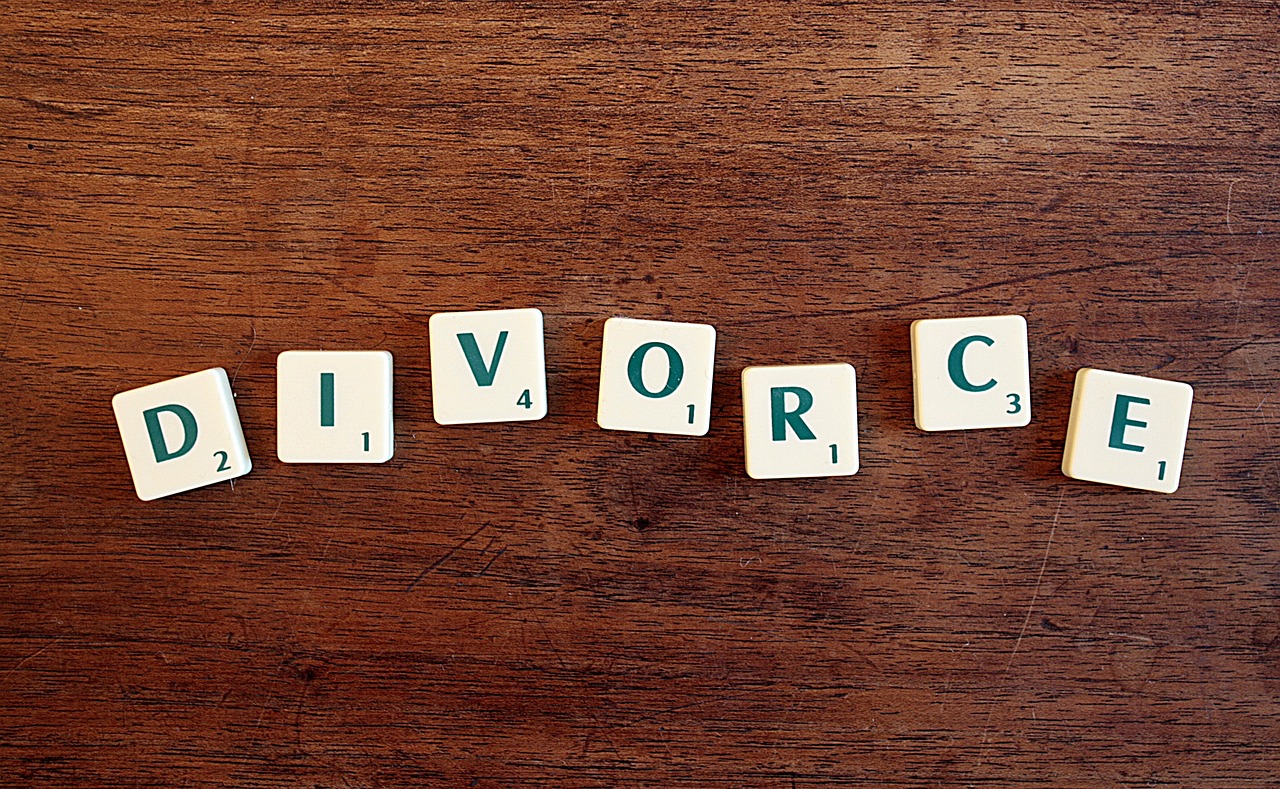Grief & Loss Counseling Phoenix, Scottsdale, Online in AZ
After experiencing a loss, we need time to process our grief.
As badly as we want to skip these stages, we can’t just bypass grief. And even if we could, it wouldn’t be worth it in the long run. After we grieve, we often come out the other side feeling more resilient, with an increased appreciation for the beauty of life.
Yes, we’ve been hurt, and our lives will never be the same without the people we’ve lost. But to suffer a loss means that we have loved deeply, and nothing is more important in life than loving relationships.
Is there anything that can make the grieving process easier? Understanding how it works can ease some of the pain. Here’s a basic breakdown of the five stages of grief—you can experience them in any order, but preparing yourself can make it more bearable.
Denial
At first, you might be unable to comprehend or accept what’s happening. The news that your loved one is dying, or has already passed away, can be so shocking that you refuse to truly acknowledge what’s happening.
You may even feel like you’re having a nightmare and try to avoid being around your friends and family because doing so would force you to face reality. This approach is a defense mechanism intended to numb your emotions.
Anger
You might react negatively to people who try to help you. There’s a chance you’ll lash out at your loved ones. You know that it’s unfair, but it’s common to experience anger towards the person who died. Rationally, you know it’s not their fault. But you can’t help asking, “How could you leave me?”
When you’re experiencing this phase, it’s normal to seek out someone to blame for your loss. The thought that it was random is unacceptable.
Bargaining
You may catch yourself using phrases like, “If only I had done this,” “I would do anything to have them back,” or even, “If I can have them back, I’ll never do ___ again.” This response is all part of the bargaining phase.
For religious or spiritual people, this often involves frustration towards a higher power. Even though you may know that nothing will bring your loved one back, you wish that you could make some kind of deal with God to have them home again.
Depression
Depression doesn’t have one root cause. Sometimes, it seems to come out of nowhere, but sometimes, it’s because we’ve experienced something that has shaken us to our core.
When you’re grieving your loved one’s passing, it’s completely normal to feel depressed. You might feel a sense of heavy, overwhelming sadness that makes it hard to get through a typical day. You may neglect your responsibilities, feeling that they no longer matter in the wake of your loved one’s death.
Acceptance
It can take some people longer than others to reach the acceptance stage after losing a loved one, and there can be some confusion over what “acceptance” really means in regards to grief.
Acceptance doesn’t mean that you stop missing your loved one, or that you never think about them. It doesn’t mean that you ignore your feelings of grief and sadness when they do bubble up.
Acceptance means that you hold a special place for them in your heart and remember them fondly. You’ll never stop missing them, but you’ve made peace with the fact that they’re gone. Perhaps you’ve found a way to carry on their legacy and find a deeper meaning in their absence.
Meaning and Purpose
You may recognize these stages of grief from the work of Dr. Elisabeth Kubler-Ross in her book, On Death and Dying. She identified these 5 stages as being a part of death process. The stages were later adapted to the grieving process. Dr.David Kessler, who studied with Dr. Kubler-Ross, in his book, The Sixth Stage of Grief, identified the 6th stage of grief. In talking about the 5 stages Dr. Kessler writes:
“They’re not a map, they’re not linear. There’s no one way to grieve, and there’s more to death and grief than just the five stages.”
Born out of his grief from the death of his son, Dr. Kessler identified the 6th stage of grief as finding meaning and purpose in the loss. Dr. Kessler writes:
“I learned that, for me, I couldn’t stop with that fifth step of acceptance. It just wasn’t enough. I need more, and meaning was the ‘more’ I needed.”
Finally, Dr. Kessler highlights some important aspects related to meaning and loss:
Meaning is relative and personal.
Meaning takes time. You may not find it until months, or even years, after a loss.
Meaning does not require understanding. Understanding isn’t necessary.
Even when you do find meaning, you will not feel that it was worth the cost of what you lost.
Your loss is not a test, a lesson, or something to handle. It is also not a gift.
Only you can find your own meaning.
Meaningful connections can heal painful memories.
Begin Grief and Loss Counseling in Phoenix and Scottsdale
If you would like to learn how grief counseling can help you during the holiday season please reach out. Our team of therapists would be honored to support you in coping with triggers. We are happy to offer services from our Phoenix, AZ-based practice and across the state. You can start your therapy journey by following these simple steps:
- Contact Crossroads Counseling
- Meet with a grief and loss therapist
- Start finding the happiness you deserve
Process Through the 6 Stages of Grief With a Grief Counselor at Crossroads Counseling…
Our offices are located throughout the valley with counseling centers located in Phoenix, Anthem, Scottsdale. and online/virtually in Arizona. Call us at 623-680-3486,text 623-688-5115, or email info@crossroadsfcc.com. We offer a complimentary 20-minute phone consultation to answer your questions and better understand how we can help you.











